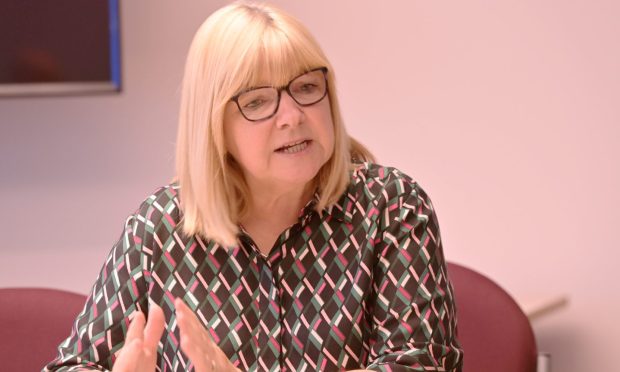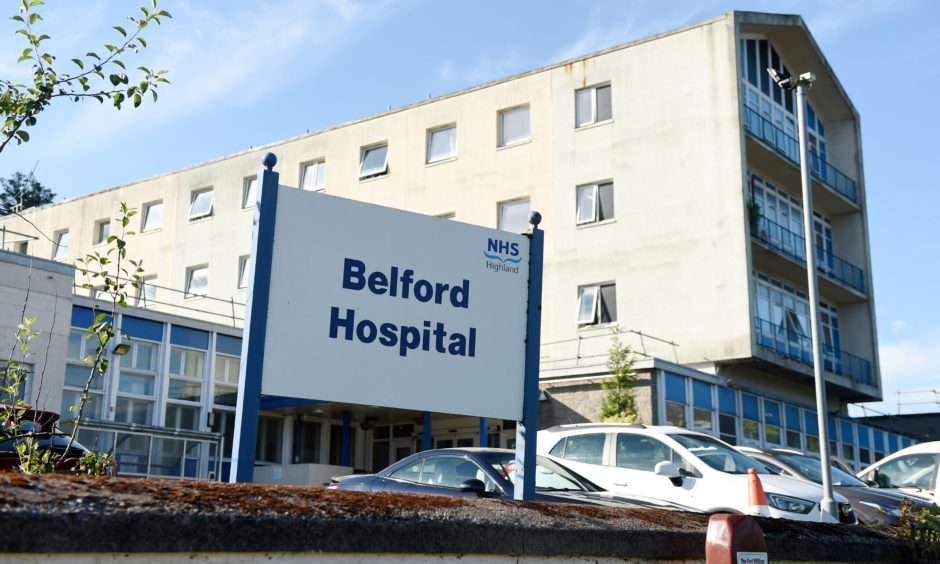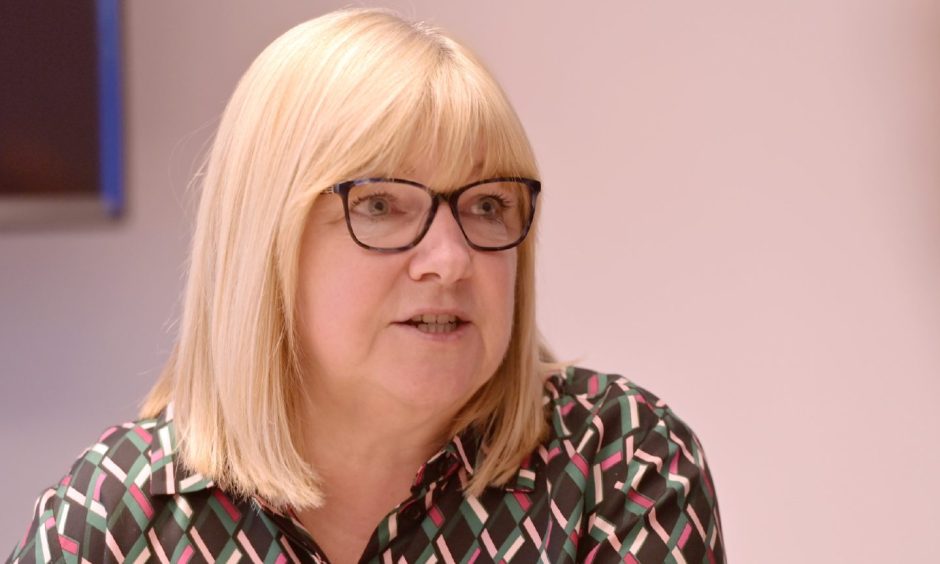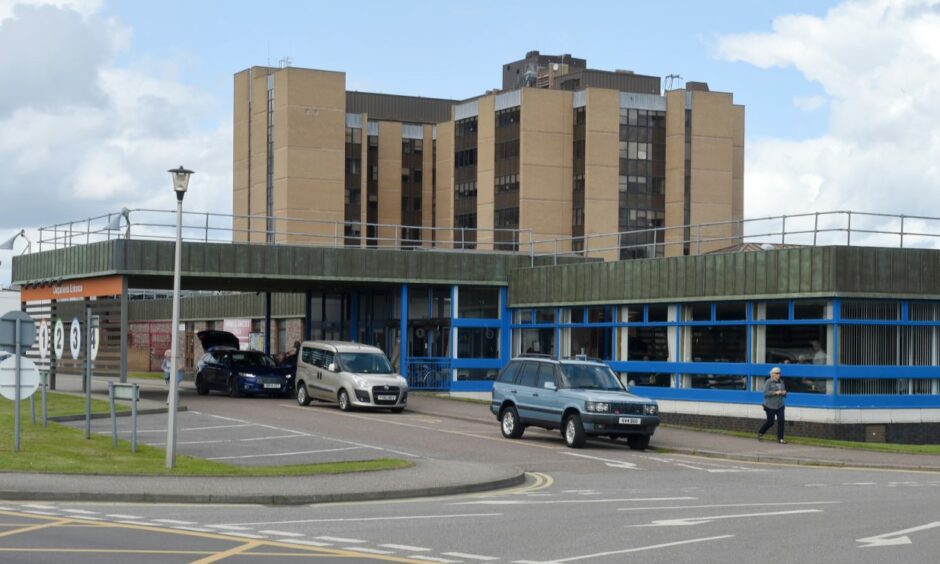Health chiefs at NHS Highland say work will not be wasted on halted projects like the new Belford Hospital in Fort William – despite the budget crisis.
Major NHS infrastructure schemes across the north have now been put on hold as part of a two-year freeze on new projects across Scotland, due to budget pressures.
There was an outcry after confirmation that multi-million pound plans to replace the Belford Hospital in Fort William were impacted by the freeze.
A major revamp of the maternity unit at Raigmore Hospital in Inverness and a refurbishment of Caithness General Hospital in Wick are also on ice.
In an interview with the P&J, Pamela Dudek, NHS Highland chief executive, said:
- News was a “blow” to NHS Highland staff working in old buildings.
- New Belford Hospital in “best possible place to pause”.
- Staffing challenges are the biggest problem facing board.
- Raigmore likely needs replaced – but will be delayed by freeze.
- Health board needs to change and modernise services.
Ms Dudek, who retires next month, admitted the announcement was “difficult”.
The government blames the freeze on the UK Treasury’s decisions to cut the Scottish Government’s capital budget for the next five years by 10% in real terms.
A huge amount of work has gone towards taking plans forward, working together with local communities, and it was a “blow” to staff, Ms Dudek said.
But the health board chief is “determined all the work we’ve done won’t go to to waste” and they will remain “top priority” projects.
Belford Hospital: ‘Very advanced’
The Belford Hospital in Fort William has reached a “very advanced” stage with only final preparatory works still to complete.
Construction was due to get underway next year and a completion date set for 2028.
Built in 1965, it is one of Scotland’s busiest rural hospitals and has earned a reputation for trauma expertise, due to Fort William’s position as an outdoor capital.
Ms Dudek said: “We believe it’s the right place to pause and we will complete the next stage that needs to be done as soon as we are given permission to do so and the resources to do it.
“We are as close as we could be. We were on track for the timescale of everything being completed and the build was expected 2026 onwards.
“With a fair wind, who knows how close we might be, it just depends.”
Case for replacing Raigmore
The health board had only just started to get plans for a major £9m revamp of the maternity unit at Raigmore off the ground when they were told to pause.
Ms Dudek will be meeting with the maternity team to figure out where that leaves them, as the plans would have provided vital extra capacity.
That project sits with the longer-term development of Raigmore which the health board was starting to look toward.
This too will now be pushed back as a result of the freeze on new projects.
Ms Dudek said she believes the hospital in Inverness “probably” needs replaced or at the very least modernised.
She added: “There definitely is a need for modernisation in relation to Raigmore. It is one of the older hospitals across Scotland and is one of the ones that is out of step with what you need from a modern facility.
Nothing would be better than a nice new acute hospital.
Pamela Dudek, NHS Highland chief executive
“We have done a lot of work on the footprint to keep it the best standard we can.
“Nothing would be better than a nice new acute hospital. The journey for that was going to be a long one anyway but I guess getting off that starting block would have been one of our next things to look at.”
Workforce challenges
Although buildings are a tangible thing patients can see, the biggest issue facing the health board is workforce challenges, says its chief.
It has a “huge challenge” due to increased demand at the same time as a reduction in the region’s working age population.
Depopulation is an issue in parts of Highland and Argyll and Bute, along with the availability of childcare and affordable housing.
Work is ongoing to try and fill the gaps and NHS Highland has had good support from housing associations and the council.
The health board knows it also has to shake-up the way it delivers services, looking at technology solutions, for example.
Ms Dudek said: “Workforce is our big determinant on what we can deliver at a local level and that’s the bit we will continue to try and do more about.”
Standing down after 42 years in the NHS, Ms Dudek has taken time to reflect on the situation she leaves behind.
The chief executive believes the communities across Highland are its greatest strength.
She said: “People will apologise for giving me a hard time sometimes. But I actually think quite right. I’d fight for my family. I’d fight for my own community. That has been a really refreshing thing to work through that with people.
“Highland has a lot of strengths. I’d love to have left it in the best shape ever. Sadly that’s not the case but that’s not unique to Highland.”




Conversation